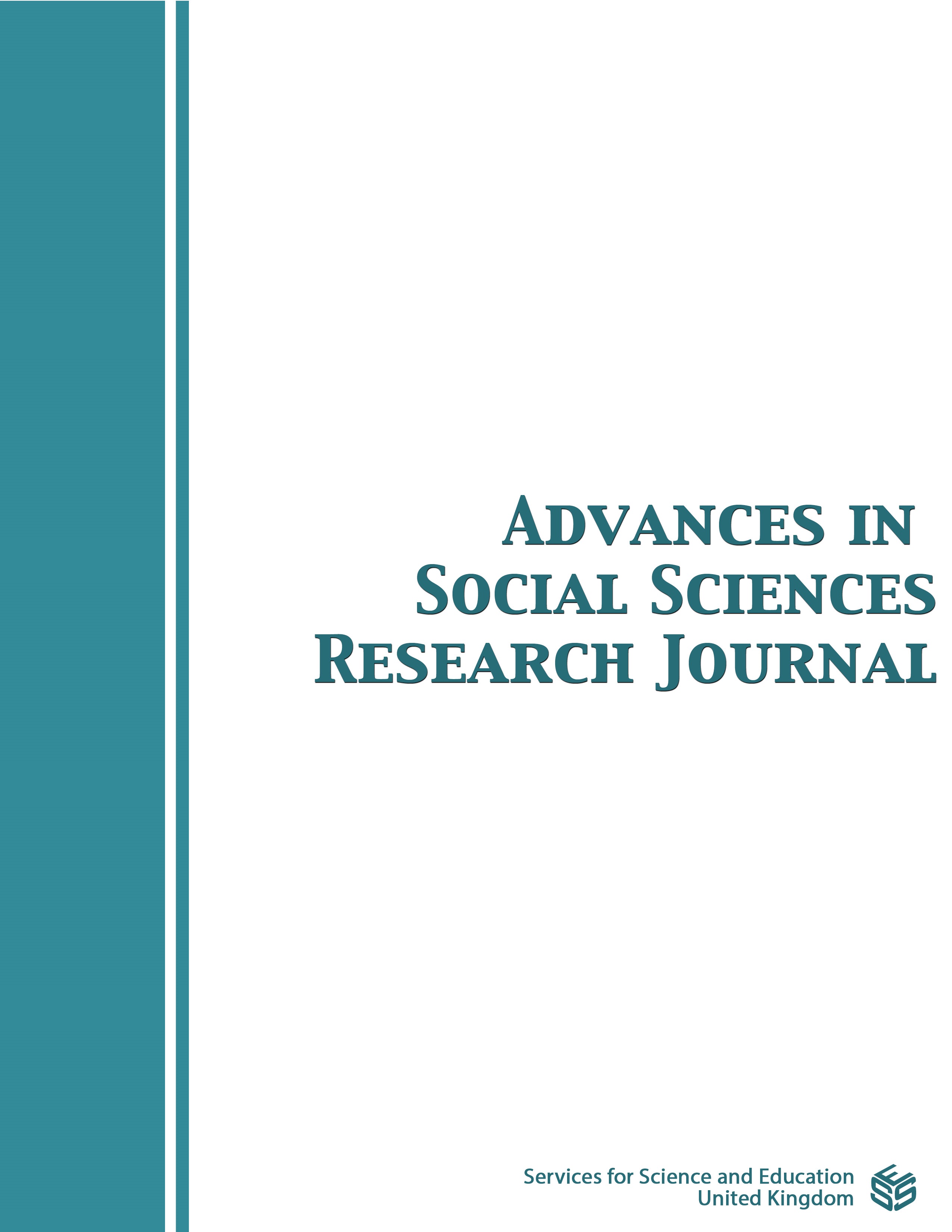A Political Economy of Public Policymaking and Underdevelopment in Postcolonial African States: A Marxian Perspective
DOI:
https://doi.org/10.14738/assrj.1011.15806Keywords:
Political economy, policymaking, underdevelopment, postcolonial, African states, Marxian PerspectiveAbstract
Debates over who makes public policy in postcolonial African states are lengthy, spanning from 1960s until now, even as such debates prompt pernicious human underdevelopment in this region. Driven by these unfinished debates’ impervious outcomes - the impoverishment of postcolonial Africans, this paper uses the Marxian political economy perspective to determine the mischievous insights arising from these debates, which prod irrational policymaking. It argues that, although policymaking is par excellence the impeccable and inescapable normal government activity and an important political instrument for exerting exhilarating or doldrums societies, it is fraught with inequitably precarious, intricate and dispute-prone processes for mobilising, distributing and allocating resources in societies. Consequently, the paper examines this activity’s shortcomings, not only through the cognitive capacities or incapacities of government officials, but through subjective irrational groups’ interests. Using the rational-comprehensive theory of policymaking, it concludes that, even as policymaking is estranged by malicious contestations through soft or hard power from competing forces with undemocratic claims over rights and resources, the Marxian political economy perspective and rational-comprehensive model can dependably ensure the region’s equitable development rather than underdevelopment.
Downloads
Published
How to Cite
Issue
Section
License
Copyright (c) 2023 Peter Sakwe Masumbe

This work is licensed under a Creative Commons Attribution 4.0 International License.
Authors wishing to include figures, tables, or text passages that have already been published elsewhere are required to obtain permission from the copyright owner(s) for both the print and online format and to include evidence that such permission has been granted when submitting their papers. Any material received without such evidence will be assumed to originate from the authors.






